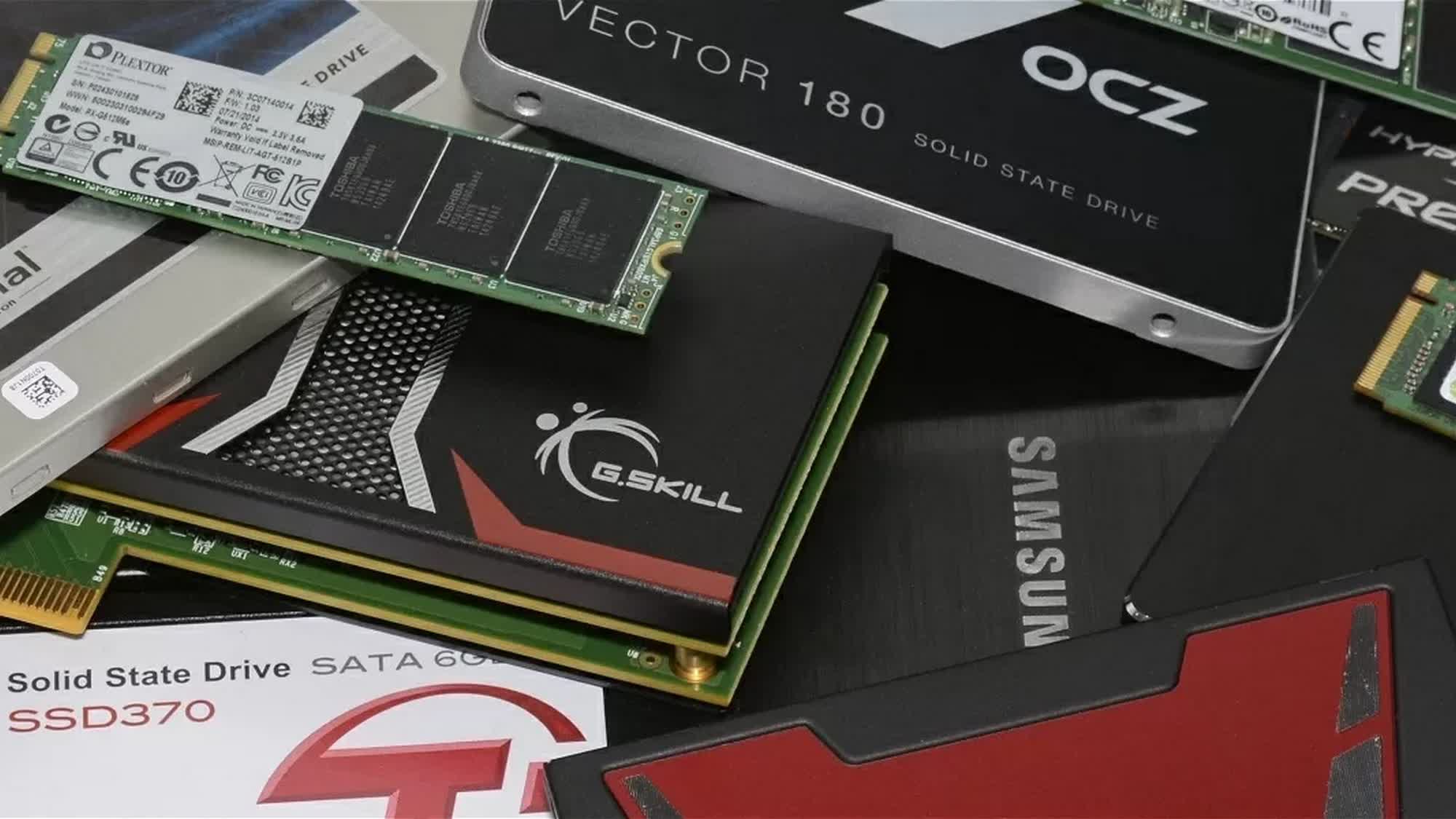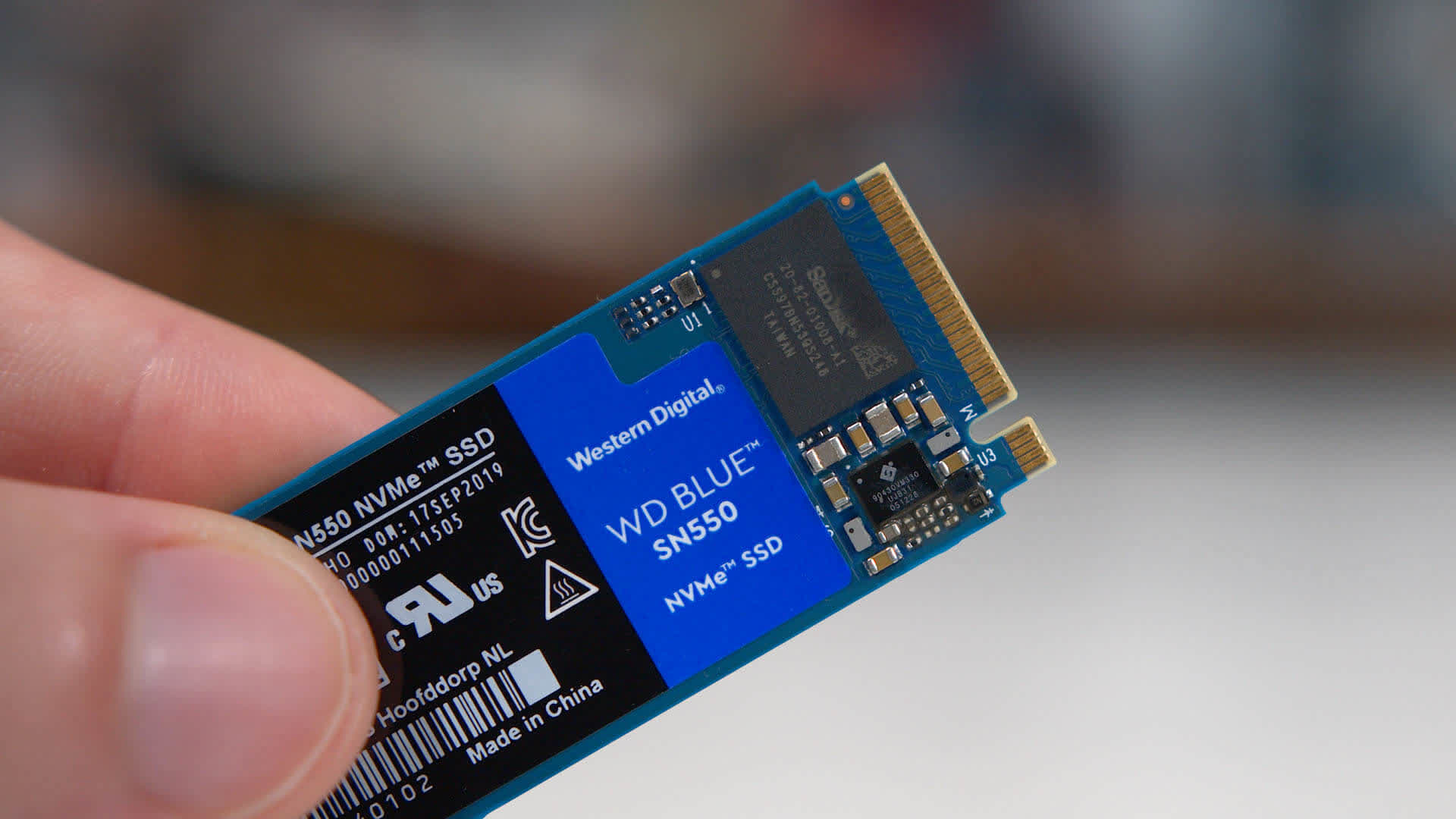In context: The global chip shortage combined with a host of other issues resulted in a shortfall of PC components in the last couple of years, causing prices to go up astronomically in some cases. But now with a slowdown in PC sales, buyers can get hardware at affordable rates and SSD prices in particular have fallen substantially and are expected to go even lower in the coming months.

SSD prices have been on a nosedive since January amidst a massive surplus of NAND flash. As reported by Tom's Hardware, SSDs have become between 15% and 30% cheaper since the beginning of 2023, with more cuts expected in the coming months. NAND flash memory manufacturers have been reducing their output since last year to stop the precipitous drop in prices, but things are expected to get even better for customers in the coming months.
As noted by the report, most of the 1TB drives in the market are cheaper now than they were in the first week of January. That includes the WD Black SN770 NVMe SSD, which is now available for just $59.99 instead of the $89.99 it was listed at just two months ago. SATA drives are also cheaper, with the Samsung 870 Evo currently listed on Amazon for $64.99 instead of the $89.99 asking price in early January.
It's worth noting that not all drives are cheaper now than they were a couple of months ago. Some of the SSDs whose prices remain the same include the Samsung 990 Pro, Hynix Platinum P41, and WD Black SN850X. These are currently some of the fastest consumer SSDs in the market, meaning folks wanting the very best won't be getting the same kind of discounts for now.

The cheaper prices were projected last year, when analysts from Trendforce predicted that the glut of memory chips and solid-state drives would push prices down throughout 2023.
The reason for the excess inventory is the slowdown in demand for PCs, which is creating a demand-supply mismatch, resulting in a surplus of 3D NAND, memory chips, and SSDs, among other components.
Meanwhile, the report states that there's still some more downside to the market, with prices expected to fall further in the coming months. So while buying a new SSD right now is not a bad investment, folks holding out just a bit longer can possibly get even better deals in the near future.
https://www.techspot.com/news/97830-ssd-prices-have-dropped-up-30-year-far.html
